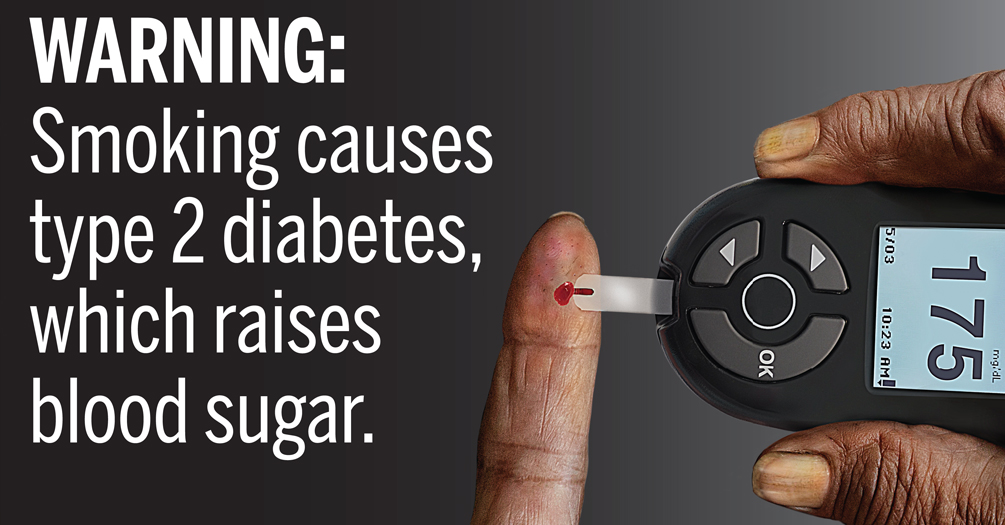Master of Science in Computational Epidemiology and Systems Modeling
2-Year DEGREE PROGRAM | 48 CREDIT HOURS
The Master of Science (MS) program in Computational Epidemiology and Systems Modeling trains students to become highly skilled epidemiologists who apply mathematical and statistical models to understand and analyze public health problems. Students are rigorously trained on how to manage and analyze big data relevant to a wide range of data science applications. They will learn to develop and apply dynamic models to important problems in the epidemiology of both infectious and non-communicable disease to optimize intervention strategies. Using their newly acquired skills, students will leverage the wealth of big data including remote sensing imagery, the microbiome, medical and surveillance records, genomics and metagenomics.
Epidemiological models and simulation-based analyses are increasingly used to inform public health policy and practice. The curriculum aims to provide students with the knowledge, skills, and hands-on experience necessary to become epidemiologists who are proficient in mathematical modeling, computational science, and the statistical tools that connect these models to real-world data and problems. Graduates of the program will be well-prepared for careers in research, academia, data management, industry, and health informatics.
The degree is awarded by the University of Michigan’s Rackham Graduate School through the Department of Epidemiology in the University of Michigan School of Public Health.
Program Curriculum
The program is organized around four core areas: epidemiology, mathematical modeling, statistics, and computing/programming. Training consists of three elements:
- Core courses that introduce and further explain key concepts in epidemiology, mathematical modeling, statistics, and computing/programming (35 credits)
- A series of electives covering topics in computational epidemiology, systems modeling, public health decision-making, and applied statistics (9 credits)
- Capstone project(s) to be completed by students during the final two semesters of the MS degree program (4 credits)
Courses will serve as a way for students to gain knowledge across the four disciplines and apply their acquired skills to coursework. By graduation, students will have competence in key computing languages (e.g. R, Python, or C++).
Computational Epidemiology and Systems Modeling Requirements
| Courses | Credit | Term |
| EPID 600 Introduction to Epidemiology | 3 | Fall |
| EPID 602 Applied Epidemiologic Data Analysis | 3 | Winter |
| EPID 675, 684, or 815 EPID Advanced Methods | 3 | Winter |
| EPID 633 Introduction to Modeling in Public Health | 3 | Fall |
| EPID 634 Foundations of Infectious Disease Modeling | 3 | Winter |
| EPID 636 Cancer Risk and Epidemiology Modeling | 3 | Fall |
| EPID 639 R for Epidemiology Research | 2 | Fall |
| Biostatistic Sequence Option 1 | ||
| *BIOSTAT 601 Probability And Distribution Theory | 4 | Fall |
| *BIOSTAT 650 Applied Statistics I: Linear Regression | 4 | Fall |
| *BIOSTAT 651 Applied Statistics II: Extensions for Linear Regression | 3 | Winter |
| BIOSTAT 607 Basic Computing for Data Analytics | 1 | Fall |
| BIOSTAT 615 Statistical Computing | 3 | Fall |
* The Biostat 600-level sequence has a prerequisite of three semesters of undergraduate level calculus and one semester of undergraduate level linear algebra. Students without these prerequisites should take instead the Biostatistics sequence for MPH in Epidemiology students (First term Biostat 521, Second term Biostat 522 and Third term Biostat 523)
Elective Options are listed below (9 credits)
Epidemiology Elective Options- 1 required:
| Courses | Credits | Term |
| EPID 601 Principles and Methods of Epidemiology | 4 | Fall |
| EPID 605 Infectious Disease Epidemiology | 3 | Fall |
| EPID 514 Social Epidemiology (3 credits) | 3 | Fall |
| EPID 621 Cancer Epidemiology (3 credits) | 3 | Winter |
Modeling Electives:
| Courses | Credits | Term |
| EPID 637 Systems Modeling of Behavior, Social Processes and Chronic Disease | 3 | Winter |
| CMPLXSYS 530 Computer Modeling of Complex Systems | 3 | Winter |
Statistics Elective Options
| Courses | Credit | Term |
| BIOSTAT 625 Computing with Big Data | 3 | Fall |
| BIOSTAT 675 Survival Time Analysis | 3 | Fall |
| STATS 531 Analysis of Time Series | 3 | Winter |
| STATS 620 Applied Probability and Stochastic Modeling | 3 | Winter |
Health Management and Policy Elective Options - 1 required
| Course | Credit | Term |
| HMP 553 Data Management in Health Care | 3 | Winter |
| HMP 610 Cost-Effectiveness Analysis in Health | 3 | Fall |
| HMP 654 Operations Research and Control Systems in Health Care | 2-3 | Fall |
| HMP 655 Decision Making Models in Health Care | 3 | Winter |
Program Prerequisites
Epidemiology is a discipline strongly rooted in the life sciences and quantitative analysis. Applicants should have a strong interest in quantitative science and health. Most applicants have an undergraduate degree from social, life or applied quantitative sciences, engineering, mathematics, statistics, or public health. While this program has no specific required courses, ideally students would have taken courses in calculus, linear algebra, statistics, and/or programming.
Faculty and Research
Students in the MS in Computational Epidemiology and Systems Modeling program will have the opportunity to learn and work alongside faculty with varied interests, specializations, backgrounds, and active research projects in different areas. From using models to optimize cancer intervention designs, to surveillance modeling and pandemic response, University of Michigan School of Public Health faculty lead centers and partnerships that span the globe.
Associated Research Centers
- University of Michigan and Georgetown University CAsToR Tobacco Modeling Center
- Michigan Institute for Computational Discovery and Engineering (MICDE)
- University of Michigan Center for the Study of Complex Systems (CSCS)
- National Cancer Institute Cancer Intervention and Surveillance Modeling Network (CISNET)
Research, News, and More
- Reducing Lung Cancer Mortality Through Modeling and Simulations
- Teaching Infectious Disease History in 2020
- How Coronavirus Is Impacting the Most Vulnerable
- Opening Up US Will Trigger More COVID-19 Cases, but Disease Models Suggest How to Avoid a Second Peak
- Coronavirus: How We Got Here
- Strict Public Health Measures During Holidays Likely Saved Lives in Michigan
- Smoking, Tobacco Use Among Teens Continues to Drop Even as E-Cig Use Grows
- Disease Detectives: How to Track an Epidemic
Ready to Apply?
MS applicants apply to our program through the University of Michigan Rackham Graduate School.
The priority deadline for applications to the MS in Computational Epidemiology and Systems Modeling program is December 1, 2024. We still accept applications after December 1, but priority for funding decisions is given to those submitted by December 1. Final Deadline for International Applicants: January 15, 2025.
We encourage applicants to submit prior to the priority deadline to ensure they are considered for scholarships. Those who submit afterward are not guaranteed consideration. Funds are available on a first come first served basis.
Application Requirements
As part of the application process, prospective students must provide:
- Statement of Purpose: Your statement of purpose should be a concise, well-written statement about your academic and research background as well as your career goals. The length of the statement of purpose should be between 1-3 pages and submitted via ApplyWeb and Rackham.
- Personal Statement: Your personal statement should be a discussion of the journey that led to your decision to pursue a graduate degree in Computational Epidemiology and Systems Modeling. It should be submitted via ApplyWeb and Rackham.
- Transcripts: A scanned/electronic copy of the official transcript will be used for initial review by our admissions committee. You will be required to have your official transcript sent to the Rackham Graduate School only if you are recommended for admission.
- English Language Test Scores: The TOEFL or IELTS is required for applicants whose native language is not English, unless they meet one of the exemption criteria.
- Letters of Recommendation: Letters of recommendation should signed and printed on letterhead. Submitted via
ApplyWeb and Rackham.
master: 3 letters are required (at least 2 academic)
Financial Support
The Epidemiology Department offers a limited number of Epidemiology Departmental Scholarships to support MS in CESM student tuition. All MS in CESM students are considered for these scholarships, and no additional application is required. In addition, the School of Public Health offers financial aid and funding opportunities to support a limited number of students through a mixture of training grants, research grants, and graduate student research assistantships. Students pursuing a Master of Science degree may also be eligible to receive financial support from the Rackham Graduate School. Learn more about funding opportunities from Rackham.


















